In-car Electronics
Infotainment system (audio, GPS, phone), rear entertainment system, backup or other camera/sensors, head-up display.
What Owners Say
"GPS system could not be updated easily. When I contacted Toyota after the first 3 or 4 years, to get the GPS updated, it would cost more than a new over the counter GPS."
Anonymous, OR (2017 Toyota Prius V Unsure 1.8-L 4 Cyl hybrid)"Crashes and reboots occasionally"
Anonymous A., NJ (2017 Toyota Prius V Five 1.8-L 4 Cyl hybrid)


















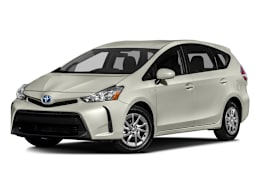
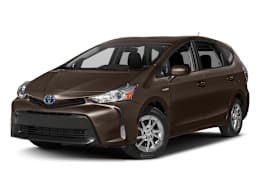
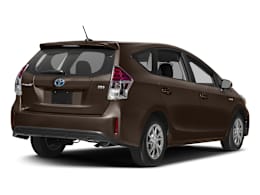

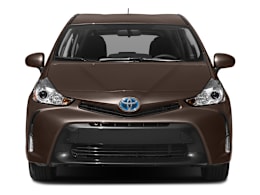
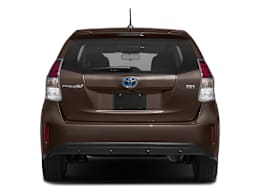

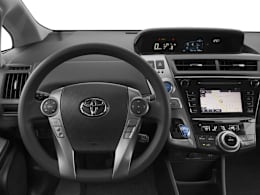

""Display crashes and reboots occasionally, taking GPS with it""
Anonymous A., NJ (2017 Toyota Prius V Five 1.8-L 4 Cyl hybrid)